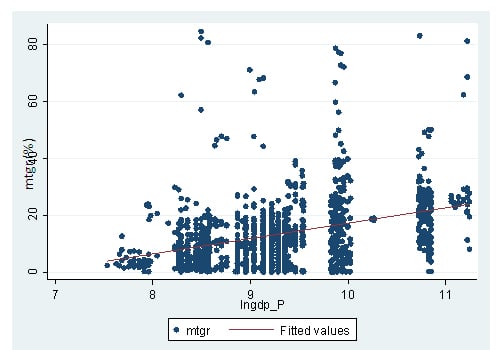Tax Havens are Safe from the OECD for Now
The news has been full of stories about how companies such as Amazon, Apple, Google, Microsoft, Starbucks and others are able to shift their profits to low or no-tax jurisdictions by using novel, legally permitted corporate structures and complex internal transactions (known as transfer pricing schemes). Companies are able to do so because they pay taxes at the place of their residence rather than where the underlying economic activity takes place.





